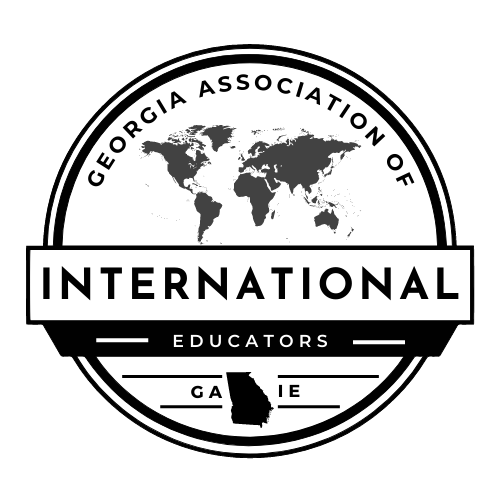|
The federal government has been very busy the last few days, coming up with two major policies that will heavily impact the lives of our students and scholars.
SEVP Fee Increase Proposal The first piece is a policy proposal that was just published this morning. This proposal would see an increase of the following fees related to the Student and Exchange Visitor Program.
https://www.federalregister.gov/documents/2018/07/17/2018-15140/adjusting-program-fees-for-the-student-and-exchange-visitor-program The link also allows for you to submit a formal comment, until 09/17/2018. As always, keep them professional but be honest about the impact you feel these fee increases will have, particularly on our students and scholars, who are already burdened enough as it is. USCIS Policy on Denials w/o RFE or NOID The second piece is a substantial update of USCIS’s policy of issuing Requests for Evidence(RFEs) and Notices of Intent to Deny (NOIDs), scheduled to take effect on September 11, 2018. Full details can be found here. Per USCIS, “The policy implemented in this guidance restores to the adjudicator full discretion to deny applications, petitions, and requests without first issuing an RFE or a NOID, when appropriate. This policy is intended to discourage frivolous or substantially incomplete filings used as ‘placeholder’ filings and encourage applicants, petitioners, and requestors to be diligent in collecting and submitting required evidence. “ This could mean that, if a piece of information is not included in a petition/application, a USCIS adjudicator would have full discretion to deny it without any ability for us to rectify the case. This is replacing a 2013 policy memorandum which instructed adjudicators to send an RFE/NOID unless there was “no possibility” of approval. In conjunction with the new USCIS policy on issuing Notices to Appear (NTAs) to those who appear to be out of status (thereby initiating deportation proceedings), the situation could spiral even further if they feel that the student/scholar is out of status and issue a denial and NTA, without giving them a chance to prove otherwise. This could also lead to petitioners/applicants having to pay another fee for a new petition/application so that they can submit the form with the correct information missing in the previous one. So now, USCIS would get twice or three times the money instead of allowing us to correct the petition/application the first time around. These are of course more extreme scenarios and it will definitely be based around whom the adjudicator is. OPT applicants should be cautioned to make sure their applications are airtight and I would recommend any employment-based or green card petitions have secondary reviewers in any office that is submitting them. As always, please contact me if you have any questions and I hope this has done these updates justice. I know it’s a lot these days, but we have to meet these challenges head on and not just throw our hands up in the air. Best, Drew
5 Comments
You may have just heard that the Supreme Court has upheld the Trump administration’s third version of its travel ban. As I’m sure there is a lot of information out there that you’re hearing, I wanted to make clear exactly what this means using the chart below. Importantly, the ban gives different restrictions on issuing visas to each country. No matter the country, there are exceptions to this ban that are listed below. Students will be affected, though mostly through enhanced screening. F, J, and M’s are not given outright denial of entry. Exceptions to the travel ban:
Below is the full breakdown by country for each restriction:
The administration has stated that countries may be removed from the ban list by meeting certain criteria with respect to “identity-management information’, “national security and public safety information”, and “national security and public-safety risk assessment”. Those who are impacted can apply for waivers in one of the following instances:
I hope this helps and I’m sure there will be a lot of misinformation going around. This is not a legal document, of course, and you can always check with immigration attorneys to double check on this information. |
AboutThis blog is to serve as a resource for those new in the International Education field and for those looking for support from likeminded professionals Archives
October 2018
Categories |

 RSS Feed
RSS Feed

